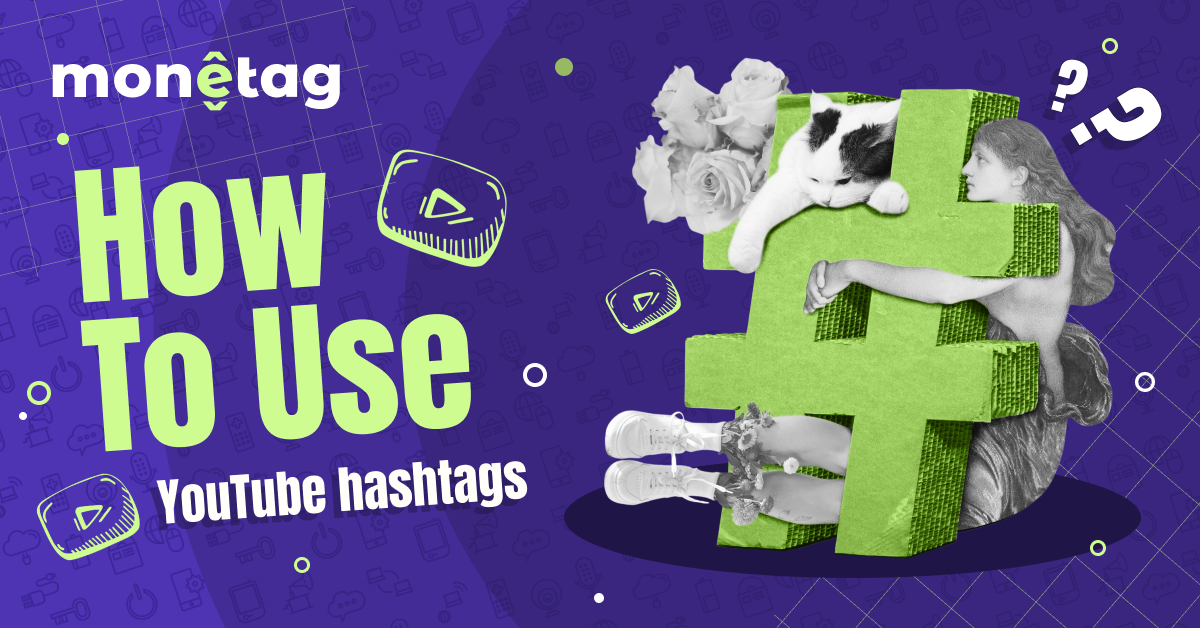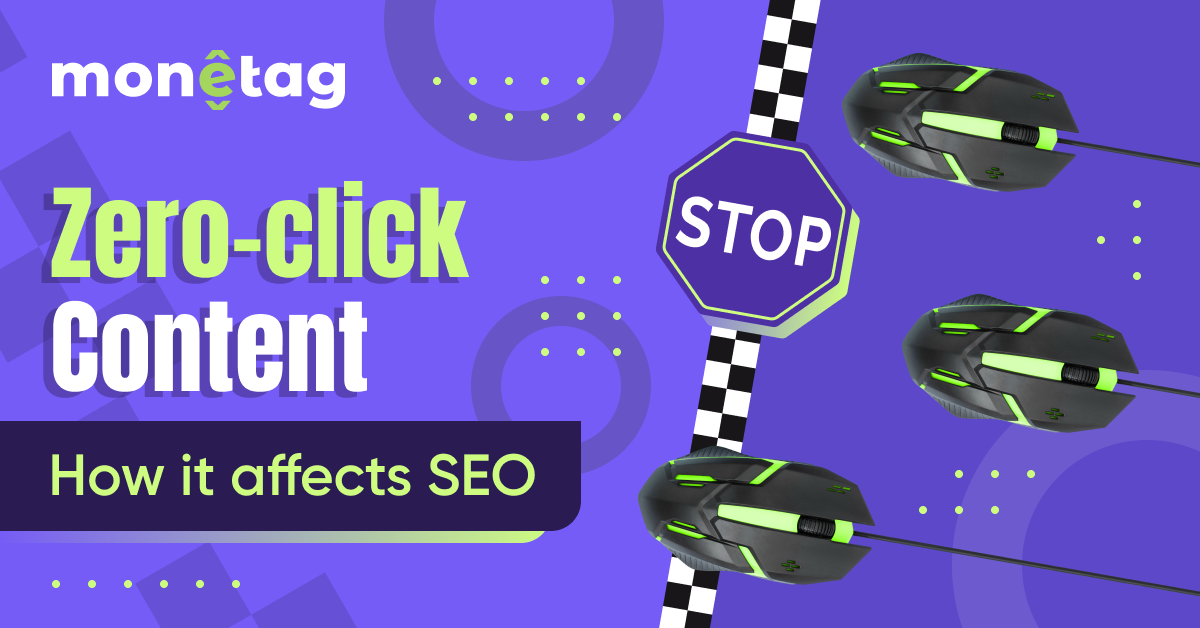Off-Page SEO for Publishers: How to Build Authority Outside Your Website

When people talk about SEO, they often mean what’s happening on the website: keywords, title tags, internal links. That’s on-page SEO. But it’s only half the story.
If you want your content to rank, especially in competitive niches like ecommerce, news, or affiliate publishing, you need off-page SEO too.
It’s what builds your domain’s reputation in the eyes of search engines. It’s what separates new blogs and one-day shady sites from trusted sources. And it happens entirely outside your website.
In this guide, we’ll walk you through what off-page SEO is, why it matters, and how to build a strong off-page SEO strategy step by step — no fluff, just what works.
What Is Off-Page SEO?
Off-page SEO refers to all the actions you take outside your own website to improve its search engine rankings. This includes backlinks, social signals, brand mentions, PR, and more.
Think of it as your website’s reputation score. Google uses off-page signals to assess whether you’re a credible source of information. The more trustworthy sites that mention or link to you, the better your chances of ranking.
Off-page SEO techniques focus on:
- Getting other websites to link to you (backlink building)
- Improving how your brand is mentioned across the web
- Strengthening your authority in your niche
Why Off-Page SEO Matters?
Let’s say you write the most helpful article ever on “how to monetize Twitter bots.” If no one links to it, Google might never notice. But if five high-authority blogs link to your piece? Google pays attention.
Off-page SEO sends one big signal: trust.
Here’s why it matters:
Backlinks remain one of Google’s top ranking factors.
- Good off-page SEO builds authority — meaning your future content can rank faster.
- It helps search engines separate you from the noise.
- It protects you from algorithm updates that target low-quality sites.
For publishers and site owners, especially those in competitive verticals, investing in off-page SEO is often what moves you from page two to page one.
The Core of Off-Page SEO: Link Building
Let’s get one thing straight: not all backlinks are good. A spammy blog network won’t help you and might even hurt you. When Google detects low-quality or manipulative backlinks, it can penalize your website — either by dropping your rankings or, in severe cases, removing you from search results (a manual action).
This is especially common with links from:
- Private Blog Networks (PBNs) that exist only to sell backlinks
- Spammy directories that list thousands of unrelated sites
- Comment spam with links on irrelevant blogs
- Paid links that aren’t marked as sponsored
Even if you don’t get a formal penalty, Google’s algorithm (like Penguin) may simply ignore those links, wasting your effort and making it harder for your good links to matter. So when we say “might hurt you,” we’re talking about loss of trust in your domain, rankings drop for your main keywords, wasted crawl budget or misaligned authority signals, and even worse — manual penalties that tank your traffic
In short, shady backlinks are like junk food for SEO. They might look like a shortcut, but long-term, they’ll slow you down or make you sick. Meanwhile, a single link from a trustworthy site like TechCrunch or BBC, on the other hand, could drive traffic and boost rankings.
So, when building links, focus on:
1. Relevance. Get links from websites related to your niche. If you run a blog about crypto, links from blockchain news sites or gambling review platforms are worth far more than a food blog.
2. Authority. The stronger the domain, the more SEO value the link carries. Use tools like Ahrefs or Moz to check domain authority (DA/DR). Aim for 40+ if possible.
3. Anchor Text. This is the clickable part of a link. Mix it up — branded anchors, exact match, and generic (“click here”). Over-optimization looks spammy.
4. Placement. Contextual links placed in the body of a page carry more weight than those in footers or sidebars.
Off-Page SEO Techniques That Actually Work
Not all off-page SEO techniques require outreach. Some rely on smart positioning and visibility. Here are the ones worth your time:
1. Guest Posting (Still Works — If Done Right)
Find relevant blogs, offer real value, and include a contextual link to your site. Avoid low-quality article farms. You’re not just building links — you’re building relationships and visibility.
2. Digital PR
Pitch your stories, data, or expert opinions to journalists. HARO (Help a Reporter Out) and Terkel are great starting points. Getting featured in real publications is one of the best off-page SEO strategies in 2025. Here is how, for example, brands do it via Business of Apps:

3. Linkable Assets
Create something people naturally want to link to – original research, interactive tools, data visualizations, or industry glossaries. If you’re a publisher, use your access to data. Turn it into content people want to cite.
4. Podcasts and Interviews
Being a guest on industry podcasts often leads to a backlink from the show notes. It’s also great for personal branding and niche authority.
5. Unlinked Brand Mentions
Use tools like Google Alerts or Ahrefs to find mentions of your brand that don’t link back. Reach out and ask for the link. It’s an easy win.
Social Media and Off-Page SEO
Social media signals don’t directly impact rankings — but they do drive visibility. A post going viral on Twitter or Reddit can result in new backlinks, which do help.
Here’s how to leverage social for off-page SEO:
- Share your content consistently across platforms.
- Build relationships with influencers in your niche.
- Repurpose long articles into threads, carousels, or short videos.
- Encourage shares with strong CTAs and eye-catching visuals.
Think of social media as a distribution engine. The more people see your content, the more likely someone will link to it.
What About Forums, Directories, and Blog Comments?
These used to be the bread and butter of early SEO. Today, they’re worth approaching with caution.
Niche forums (like dev.to, Hacker News, or industry-specific subreddits) can be useful for exposure and referral traffic, but don’t overdo it. Local business directories (like Yelp or TripAdvisor) are useful for local SEO — especially if you run a physical business. Blog comments rarely carry SEO value but can help you build relationships.
Rule of thumb: if it feels spammy, it probably is.
How to Tell If Your Off-Page SEO Efforts Are Working
Knowing if your off-page SEO efforts are paying off isn’t always obvious right away. You won’t see results overnight because search engines take time to process new links and signals. But there are clear signs to watch for.
First, if you notice more quality sites linking to you over time, that’s a good indicator you’re on the right path. Not just more links, but better ones — from relevant and trustworthy sources. Alongside this, tools like Ahrefs or Moz often show your domain authority or rating improving slowly but steadily, which suggests your reputation is growing.
Another sign is organic traffic from search engines increasing, especially on pages you’ve targeted with your link-building or outreach. And sometimes, you’ll see more visitors coming directly from those external websites, which means your backlinks are not only helping with SEO but also driving real people to your site.
Brand mentions are important too. If more people are talking about your site or brand online, especially in your niche, it signals growing authority. Tools like Google Alerts can help you spot these mentions:

Finally, keep an eye on your keyword rankings. Steady improvements there often mean your off-page efforts are boosting your site’s visibility. Just be careful—if you notice sudden drops or Google sends warnings, it might mean some tactics are backfiring.
In the end, off-page SEO success shows up as a mix of better backlinks, more traffic, stronger brand presence, and improved rankings over time. If those things are happening, your work is paying off.
TL;DR: Your Off-Page SEO Strategy in 8 Steps
Here’s how to build a smart off-page SEO strategy without wasting time:
- Audit your backlink profile — clean up toxic links.
- Research your competitors’ backlinks — find gaps and opportunities.
- Create link-worthy content — think tools, stats, guides.
- Pitch to relevant blogs — guest posts, interviews, PR.
- Leverage social media — push your content to new audiences.
- Track brand mentions — ask for unlinked mentions to become backlinks.
- Build relationships — real people give real links.
- Be patient — off-page SEO pays off over months, not days.
Final Thought
You can’t fake authority, but you can earn it. Off-page SEO is how you build trust — not just with Google, but with your audience. It’s where the internet vouches for your content, and that kind of reputation can’t be gamed — only earned.
Keep creating, keep connecting, and your rankings will follow.






